Diplomatic Tensions Rise As Denmark Reinforces Sovereignty Over Greenland
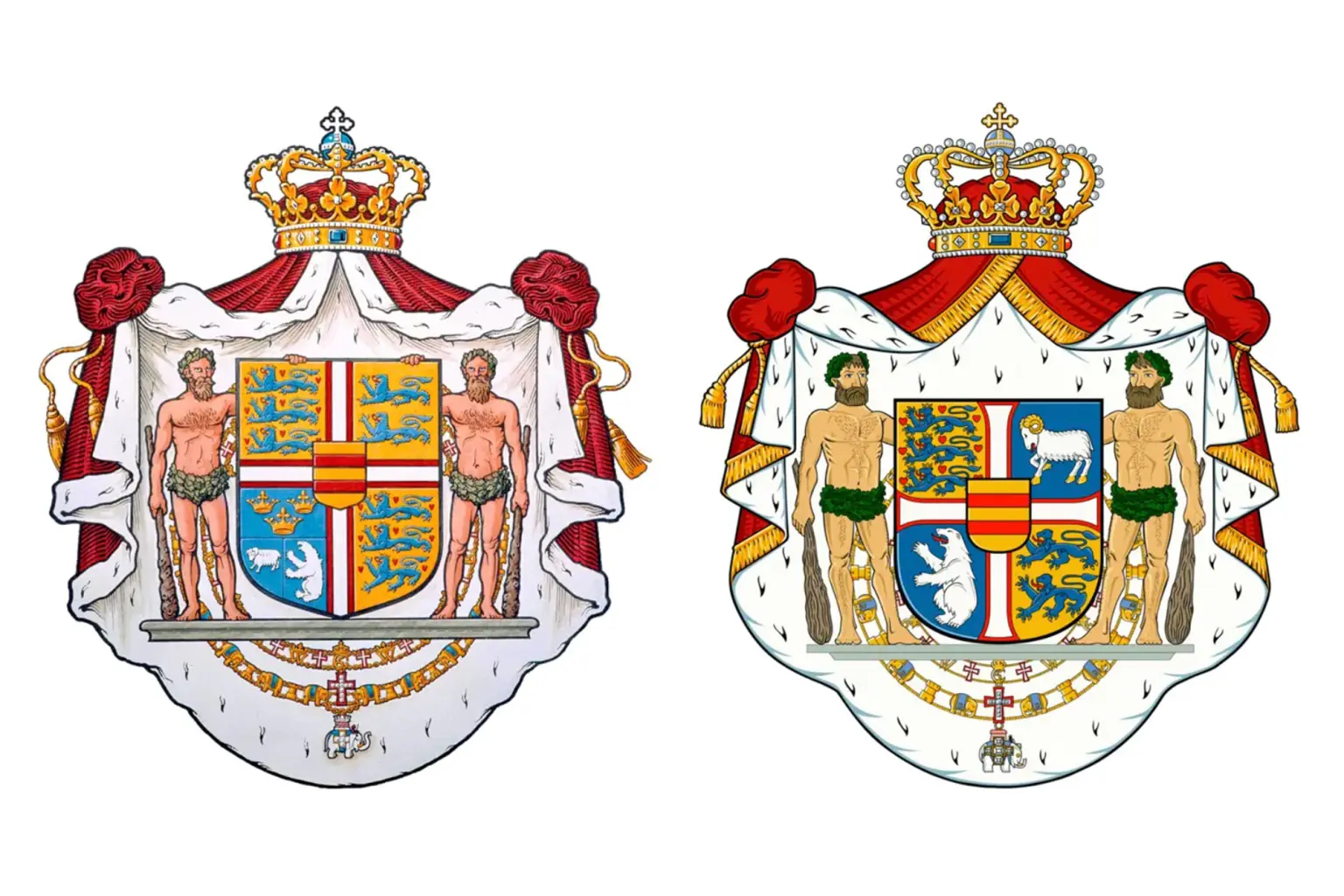

Denmark has taken a symbolic yet strategic step to reaffirm its sovereignty over Greenland amid growing international interest in the Arctic. Following past remarks by former U.S. President Donald Trump about purchasing Greenland, King Frederik X has modified Denmark’s royal coat of arms, enlarging the symbols representing Greenland and the Faroe Islands. This move sends a clear message of Denmark’s commitment to its autonomous territories, particularly in light of increasing geopolitical competition in the Arctic region.
Greenland, a resource-rich island gaining strategic significance due to climate change-driven accessibility and geopolitical rivalries, has been at the center of global attention—especially from the United States and China. In 2019, Trump’s suggestion of buying Greenland was swiftly rejected by Denmark, reinforcing that the island is not for sale. The recent enhancement of Greenland’s representation on Denmark’s royal emblem underscores the deep political and historical ties between Copenhagen and Nuuk, reaffirming that Greenland remains an integral part of the Danish realm.
Although Greenland enjoys extensive autonomy within the Kingdom of Denmark, managing most domestic affairs independently, Denmark retains control over foreign policy, defense, and monetary matters. The decision to modify the royal coat of arms is more than a symbolic act; it is a subtle yet firm diplomatic statement asserting Danish authority over Greenland amid external pressures. By visually emphasizing Greenland’s place within the kingdom, Denmark is reinforcing its stance against any notions of foreign acquisition or undue influence.
The Arctic has become an increasingly contested region, with its vast natural resources, new shipping routes, and strategic military positioning drawing global powers into competition. Greenland, with its vast untapped mineral reserves and access to the Arctic Ocean, has found itself at the heart of this geopolitical struggle. The U.S. has expanded its diplomatic and economic outreach to Greenland in recent years, while China has expressed interest in investing in the island’s infrastructure and mining projects. In response, Denmark’s recent action signals a renewed effort to maintain its influence over Greenland’s future and ensure that external engagements align with Danish sovereignty.
This development is likely to shape Arctic diplomacy further, as Denmark seeks to strengthen ties with Greenland’s government while managing growing global interest in the region. The Arctic is emerging as a key arena for economic and political competition, and Denmark’s renewed emphasis on Greenland in its national identity highlights its resolve to uphold sovereignty and resist external pressures.
As climate change accelerates the opening of Arctic shipping lanes and resource extraction opportunities, Greenland’s geopolitical relevance will only continue to rise. Denmark’s latest move signals a proactive approach to securing its influence in the region, reinforcing its commitment to Greenland’s future within the Danish realm while navigating the complex dynamics of Arctic geopolitics.
Film, TV, and entertainment industry news. Plus, every Friday, a special Awards Insider edition.
By signing up, you agree to our user agreement (including class action waiver and arbitration provisions), and acknowledge our privacy policy.
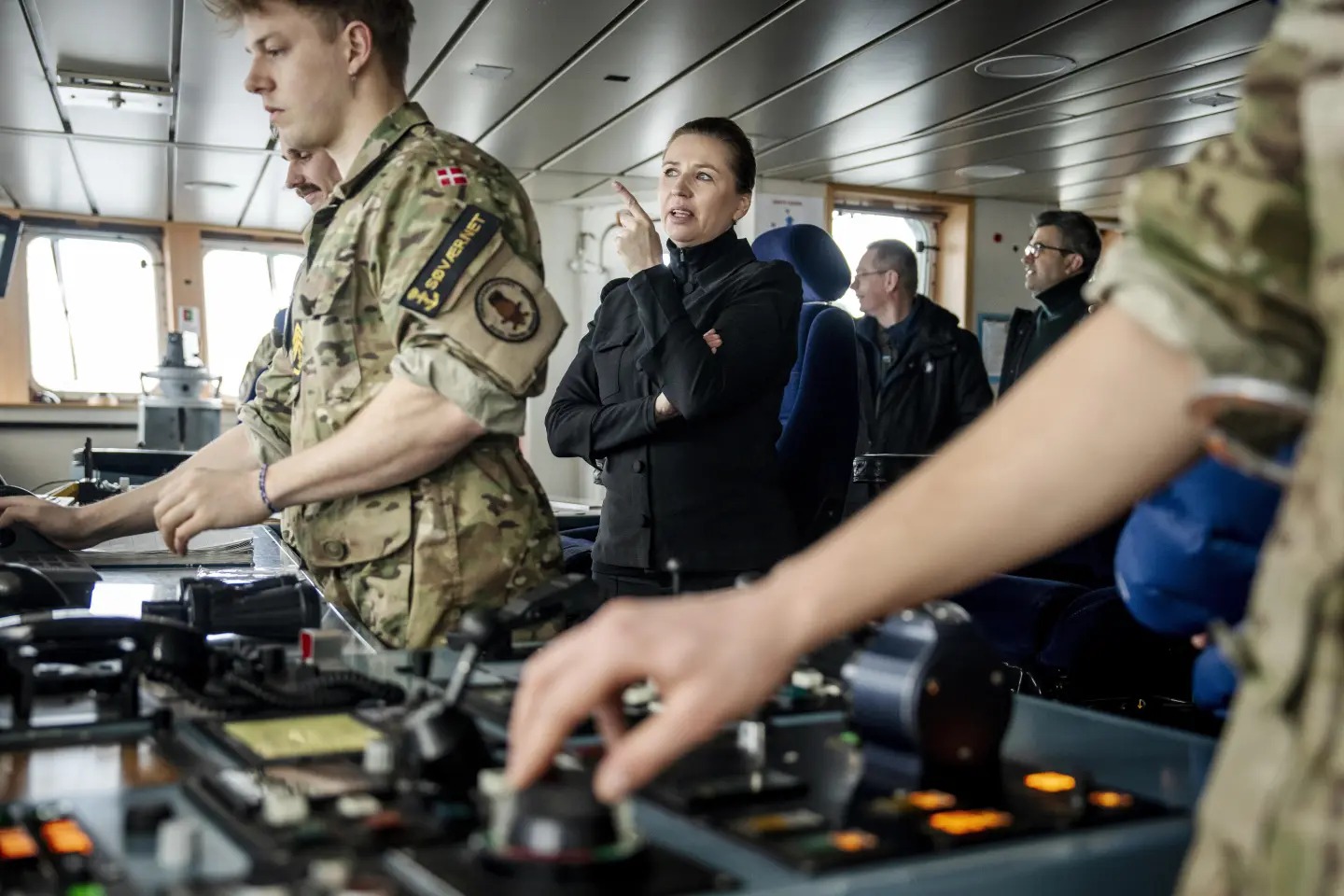
Danish PM Mette Frederiksen firmly rejects U.S. interest in Greenland, stating “You cannot annex another country” while reaffirming Denmark’s commitment to the Arctic territory’s sovereignty.
By Emil Pedersen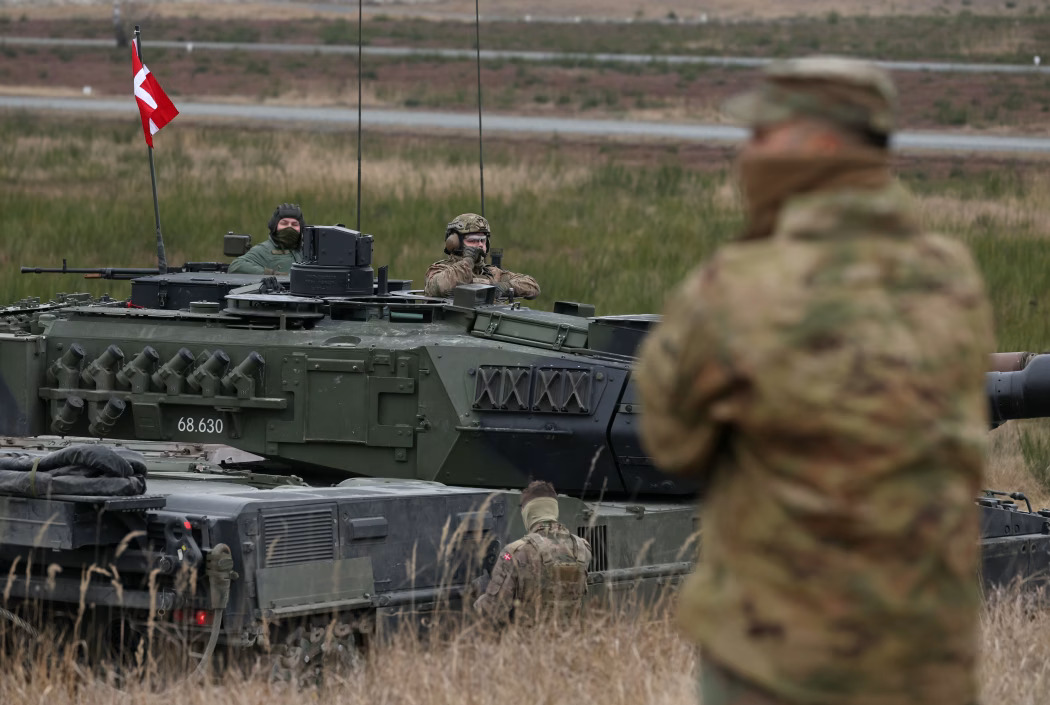
Denmark plans to increase its defense budget by 50 billion kroner ($7 billion), pushing spending beyond 3% of GDP, marking the highest investment in over 50 years to strengthen military capabilities and support NATO.
By Emil Pedersen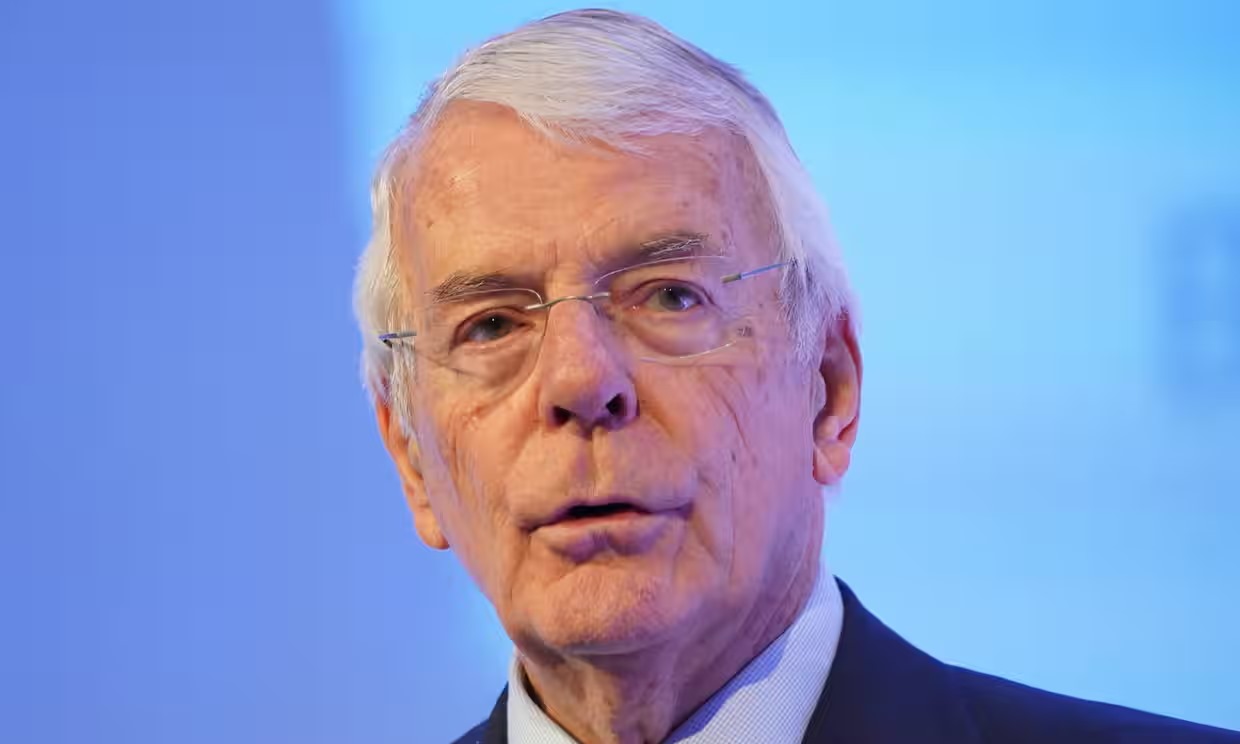
Former UK Prime Minister John Major warns that democracy is at risk due to Donald Trump's isolationist approach and China's growing global influence.
By Emil Pedersen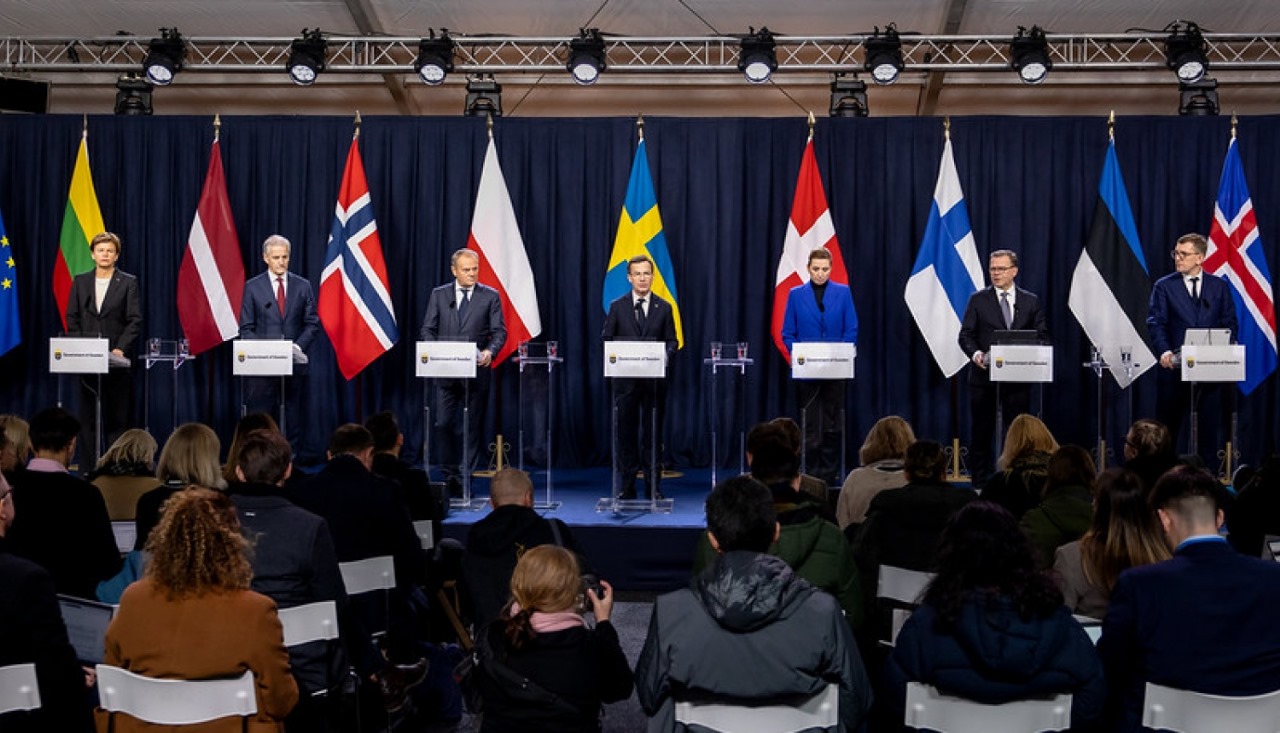
The Nordic and Baltic countries have reaffirmed their unwavering support for Ukraine in its fight against Russia, pledging to enhance military aid, economic assistance, and diplomatic backing.
By Lars Nielsen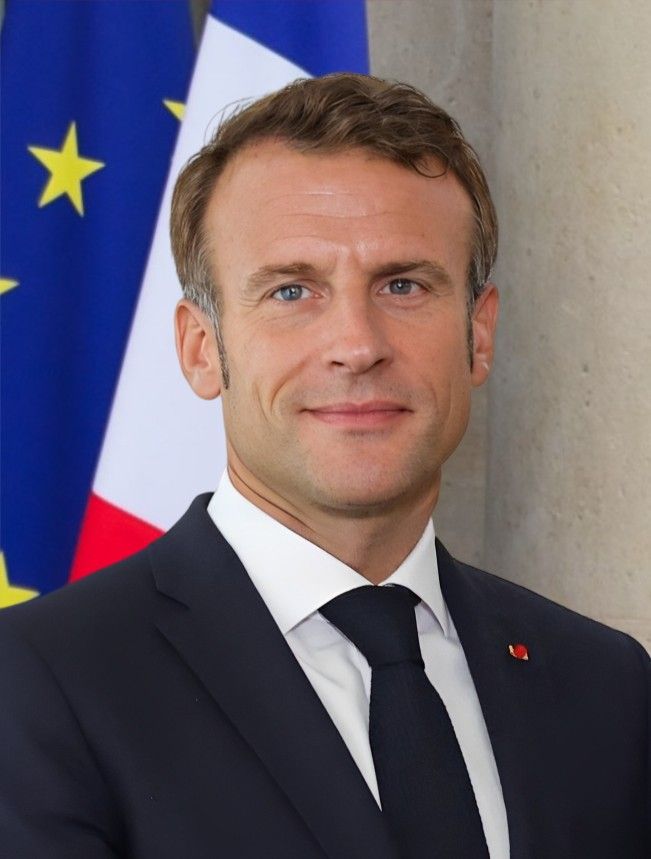
France, Ukraine war, European summit, Emmanuel Macron, European security, Donald Trump, NATO, Kyiv, Russia, diplomacy
By Emil Pedersen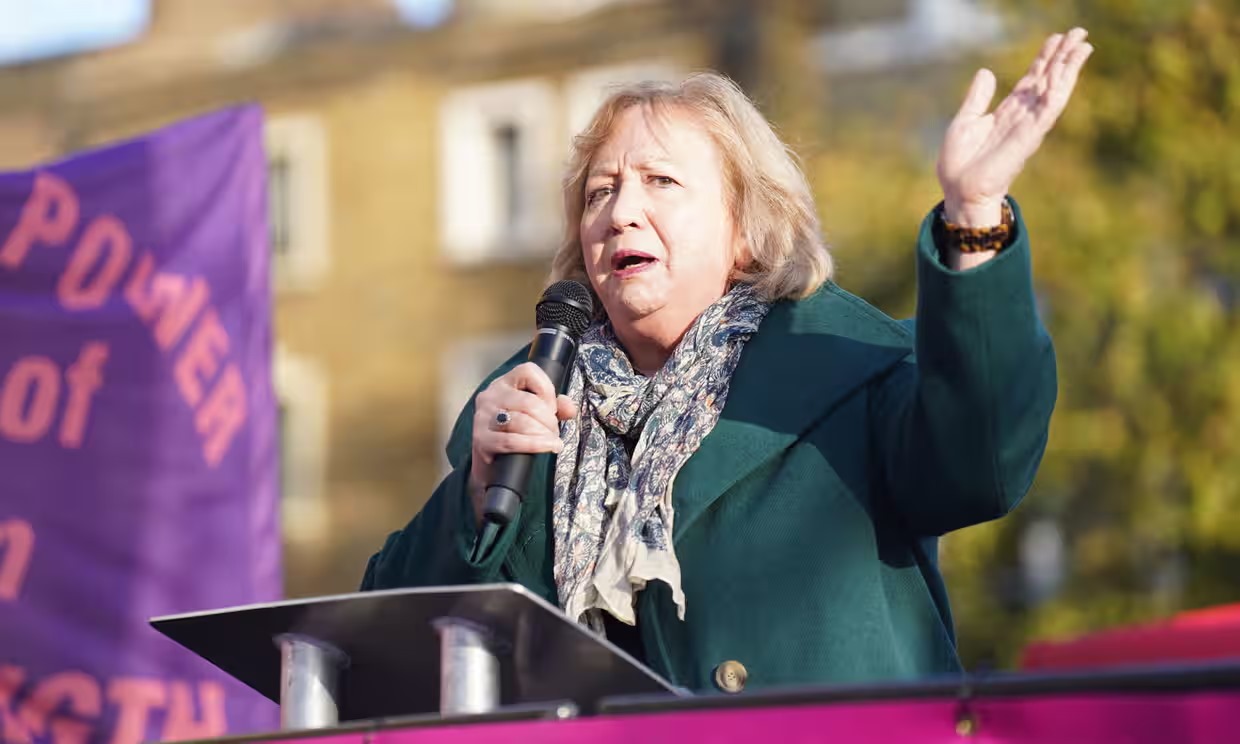
A growing coalition of union leaders, bishops, and refugee advocates has challenged the UK government's policy denying citizenship to refugees arriving via small boats. Critics argue the policy fosters division, risks escalating far-right rhetoric, and contradicts integration efforts.
By Emil Pedersen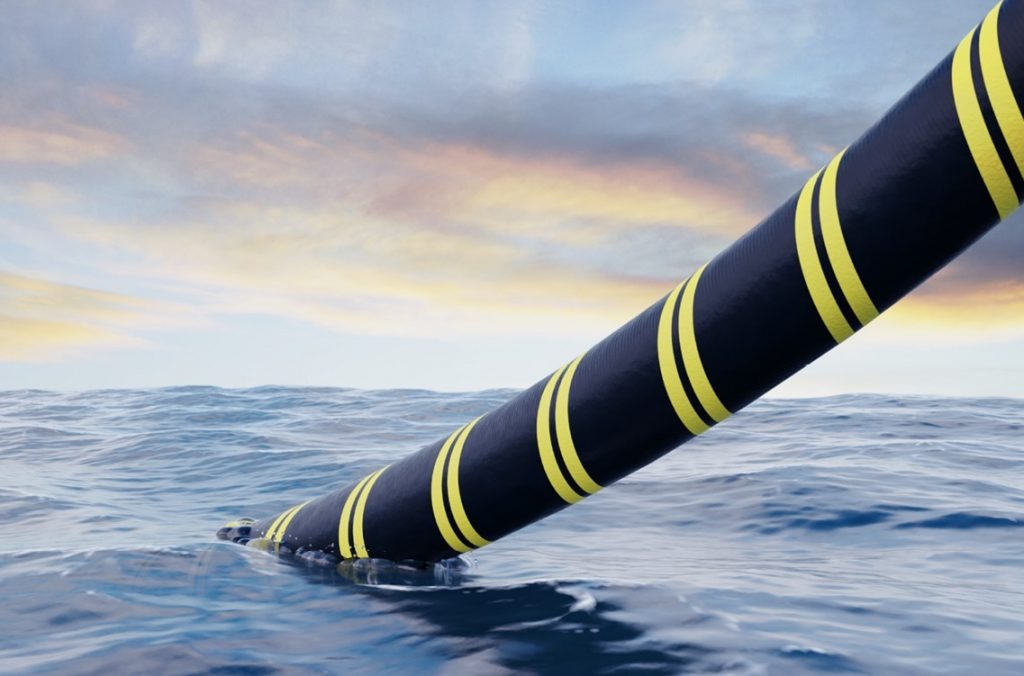
Sweden and Denmark are set to replace two aging undersea power cables, Konti-Skan 1 and 2, to enhance electricity transmission capacity between the two countries.
By Lars Nielsen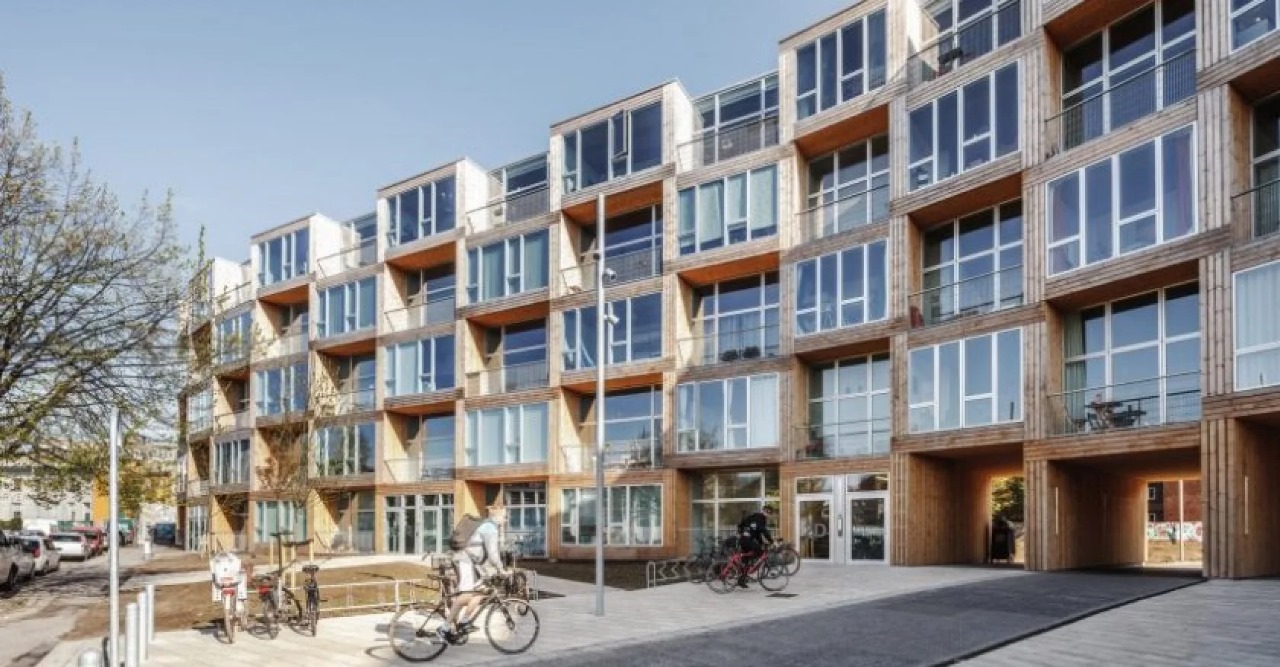
Denmark’s ethnic relocation policy faces EU court challenge over discrimination.
By Emil Pedersen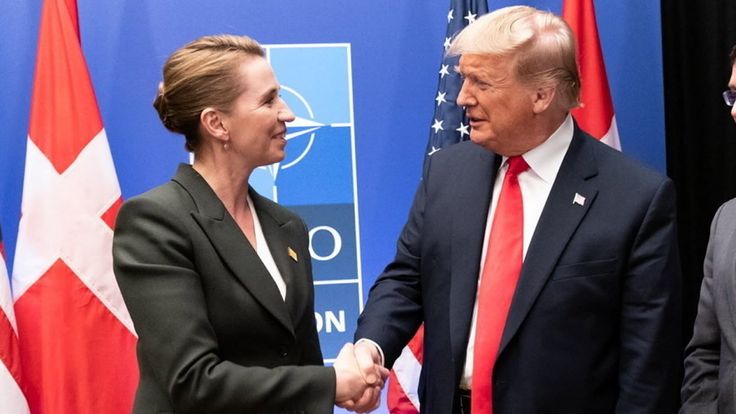
Greenland's independence movement gains momentum amid growing U.S. interest. Pro-independence party Naleraq sees Trump's comments and shifting U.S. policies as strengthening Greenland’s negotiating position with Denmark.
By Lars Nielsen
Denmark is investing €170 million in a plant-based food initiative to lower agricultural emissions, support food innovation, and promote sustainable business growth.
By Emil Pedersen